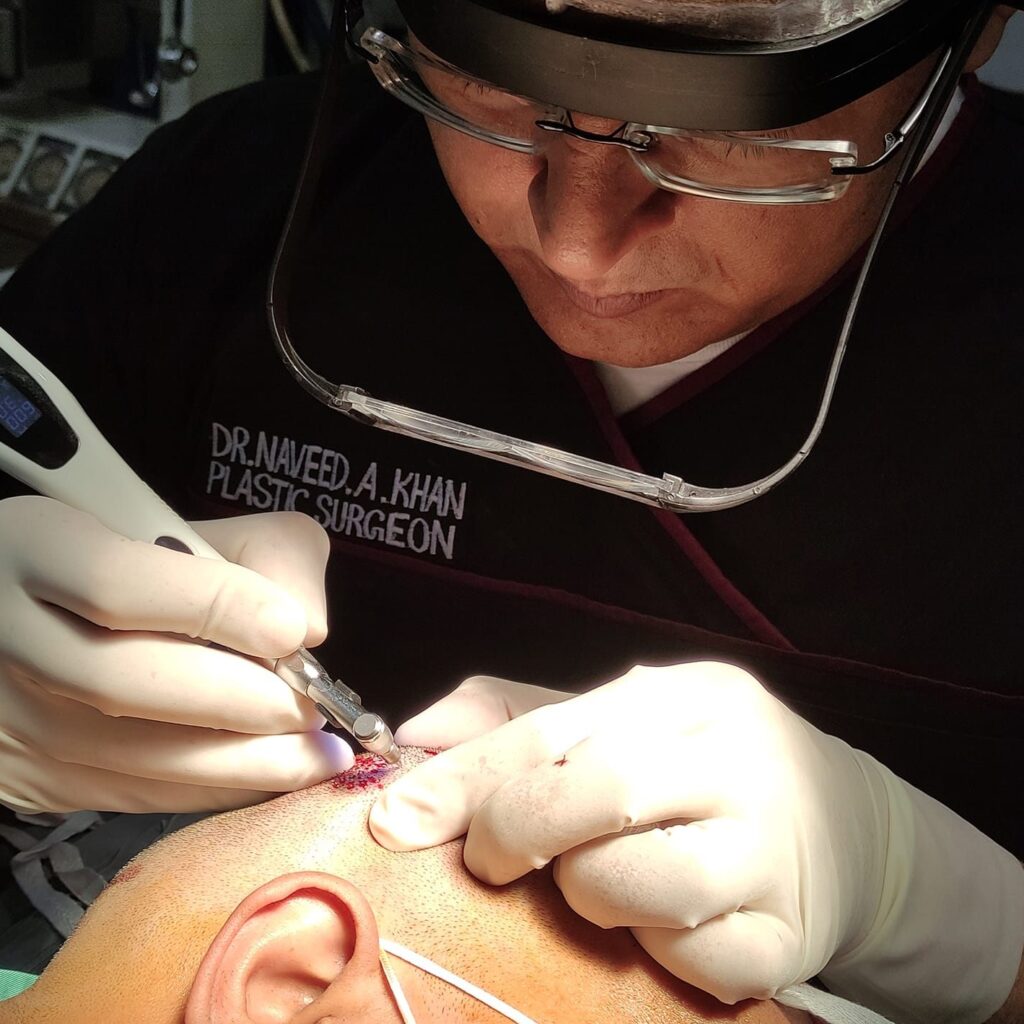
The hand is one of the most complex and important parts of the human body. It is comprised of numerous bones, joints, muscles, tendons, and nerves, which work together to perform a wide range of movements and tasks. Injuries to the nerves in the hand can result in significant loss of function and sensation, making it difficult or even impossible to perform everyday tasks such as holding objects, typing, or even simple movements like gripping. In severe cases, hand nerve injuries can result in permanent disability.
- Surgery plays an important role in the treatment of hand nerve injuries, with the goal of restoring as much function and sensation as possible. There are two main types of surgical procedures that are performed to treat hand nerve injuries: nerve decompression and nerve repair.
- Nerve decompression is a surgical procedure that relieves pressure on compressed nerves in the hand. This type of surgery is typically performed on individuals with conditions such as carpal tunnel syndrome, in which the median nerve in the wrist becomes compressed, causing numbness, tingling, and weakness in the hand. Nerve decompression surgery involves releasing the pressure on the compressed nerve by creating more space for it in the carpal tunnel. This procedure is usually performed under local anesthesia and is considered to be a safe and effective treatment for carpal tunnel syndrome.
- Nerve repair surgery is a more complex procedure that involves repairing a damaged nerve. This type of surgery is typically performed on individuals with injuries to the peripheral nerves in the hand, such as cuts or lacerations, which can result in loss of function and sensation in the affected area. Nerve repair surgery involves repairing the damaged nerve so that it can regain function and transmit signals between the brain and the hand. This type of surgery can be performed using a variety of techniques, including suturing the ends of the damaged nerve together, grafting a piece of healthy nerve tissue onto the damaged nerve, or using artificial materials to support the damaged nerve while it heals.
- In terms of plastic surgery in Pakistan, hand nerve injuries are commonly treated by plastic surgeons who specialize in the treatment of hand conditions. These surgeons have the expertise and training to perform both nerve decompression and nerve repair procedures, as well as other related surgical procedures, such as tendon repair and reconstructive surgery.
- In conclusion, hand nerve injuries can have a significant impact on a person’s quality of life, but surgery can play an important role in restoring function and sensation. Nerve decompression and nerve repair are two of the most commonly performed surgical procedures for treating hand nerve injuries, and are performed by plastic surgeons in Pakistan with expertise in the treatment of hand conditions. With the right treatment, individuals with hand nerve injuries can recover and regain their ability to perform the tasks that are important to them.
- American Society for Surgery of the Hand. (2021). Hand Nerves. https://www.assh.org/handcare/hand-arm-conditions/hand-nerves
- National Institute of Neurological Disorders and Stroke. (2021). Carpal Tunnel Syndrome Fact Sheet. https://www.ninds.nih.gov/Disorders/Patient-Caregiver-Education/Fact-Sheets/Carpal-Tunnel-Syndrome-Fact-Sheet
- Wolfe, S. W., Hotchkiss, R. N., Pederson, W. C., & Kozin, S. H. (2018). Green’s Operative Hand Surgery (7th ed.). Elsevier.
- Mackinnon, S. E., & Dellon, A. L. (1988). Surgery of the Peripheral Nerve. Thieme.
- Bain, J. R., & Mackinnon, S. E. (1991). Hunterian Lecture. The Pathophysiology of Nerve Compression. Annals of the Royal College of Surgeons of England, 73(6), 319–328. https://www.ncbi.nlm.nih.gov/pmc/articles/PMC2498969/

